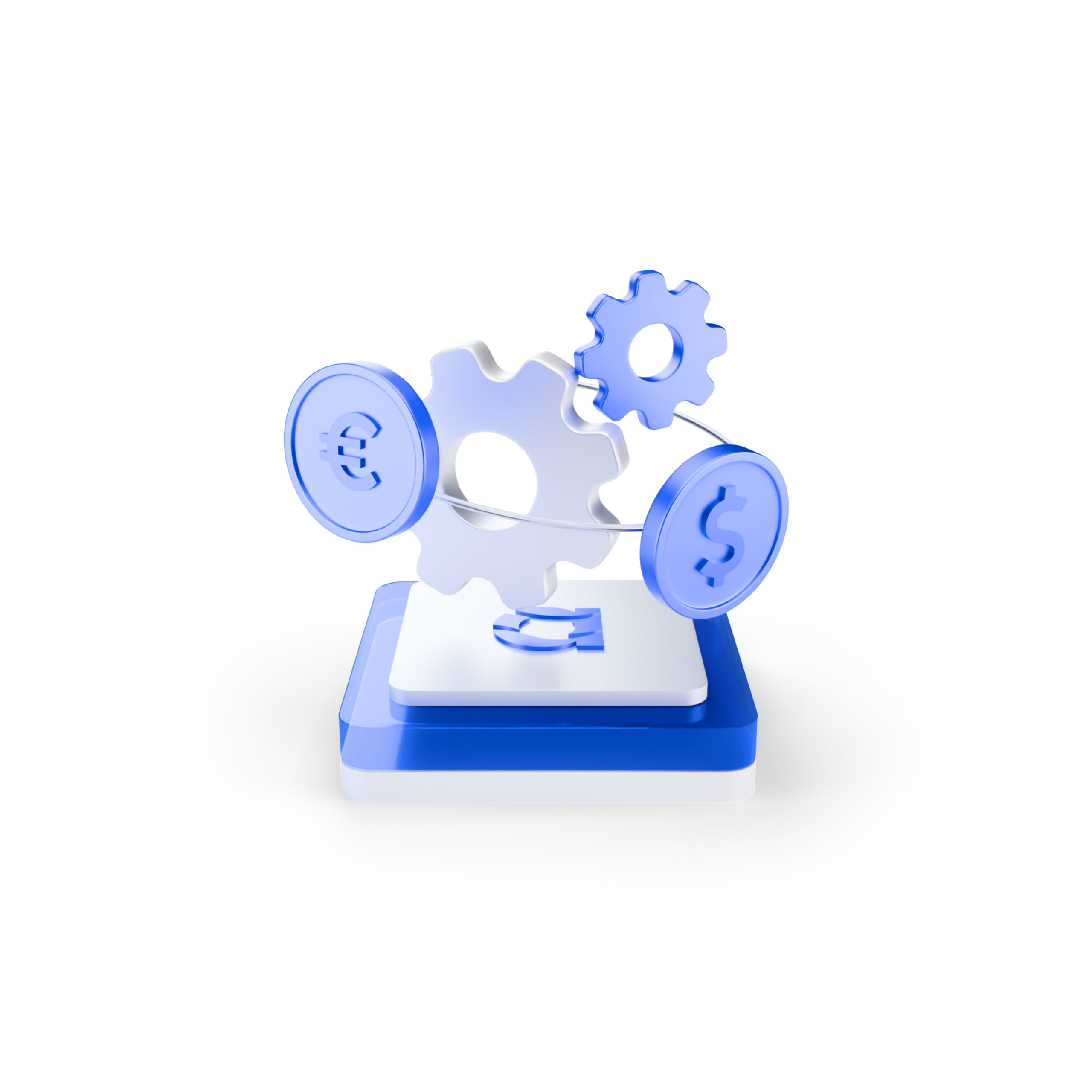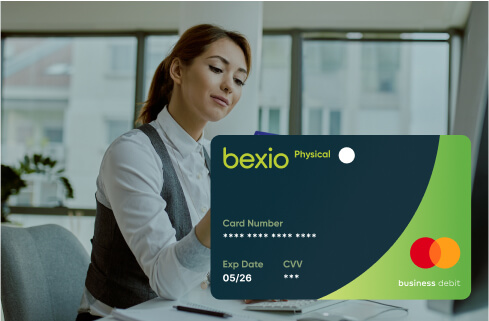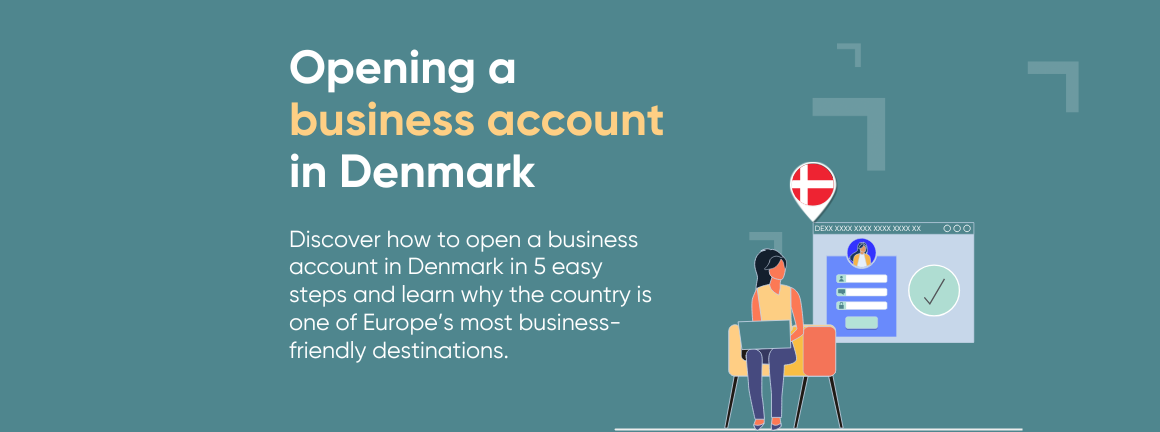Starting a business in Denmark as a foreigner grants access to a transparent legal system, easy registration processes, and direct access to the wider EU market – all good reasons why Denmark is consistently ranked among Europe’s most business-friendly countries. Find out how to open your business in Denmark in 5 easy steps.
Why starting a business in Denmark as a foreigner?
Denmark ranks consistently high in global indexes, which makes it a prime location for foreign entrepreneurs. The country’s strategic location offers direct access to the European Union and the wider Scandinavian region. Denmark’s stable political environment, highly skilled workforce, and strong purchasing power are highly attractive to foreign investors.
Businesses also benefit from Denmark’s advanced infrastructure, efficient digital systems, and favourable tax agreements. With English widely spoken in business and government offices, communication barriers are minimal. The legal framework is clear and transparent, which reduces the risk of bureaucracy slowing down your plans.
5 easy steps to starting a business in Denmark as a foreigner
Setting up a company in Denmark is a straightforward process if you follow the correct steps. From registering your business to opening a bank account, each stage ensures your company is legally compliant and ready to operate.
1. Register your business
All businesses must be registered with the Danish Business Authority (Erhvervsstyrelsen). Registration is typically done online through the Virk.dk portal. You will receive a CVR number, which serves as your company’s official identification. This number is required for invoicing, paying taxes, and opening a business bank account.
2. Business account Denmark: Choose a bank
Several major banks offer tailored solutions for entrepreneurs, each with different fees, services, and online banking options. It is worth comparing before making a choice.
- Danske Bank – The largest financial institution in Denmark, with extensive corporate services and strong international banking networks.
- Nordea – The largest bank in the Nordic region, operating across Denmark, Sweden, Norway, and Finland.
- Jyske Bank – Denmark’s second-largest privately owned bank, known for its SME-focused packages and advisory services.
- Sydbank – One of Denmark’s largest full-service banks outside Copenhagen.
Choose the right add-on for your Danish bank account
While opening a business account at a traditional bank is required for most businesses in Denmark, they often come with high costs and limited international payment features. With amnis, you gain access to a multi-currency account and corporate debit cards while reducing fees and simplifying cross-border transactions – the perfect add-on to your Danish bank account.
- Local DKK accounts in your company’s name
- Multi-currency account to receive, hold and send 20+ currencies
- Expense management with multi-currency debit cards for your entire team
- 24/7 self-service to manage all your finances from a single dashboard
3. Prepare necessary documents
Banks typically request company registration details, identification documents, proof of address, and in some cases, a business plan. Foreigners may also need to provide residency permits if applicable. Having all documentation ready will speed up the process and reduce delays.
4. Meet capital requirements
The minimum share capital depends on your business type. For instance, an ApS requires DKK 40,000, while an A/S requires DKK 400,000. Sole proprietorships and partnerships have no minimum capital requirements, but personal liability applies.
5. Receive your business bank account
Once approved, you will receive access to your business account. This account allows you to receive payments, pay suppliers, and handle taxes. A Danish business account also helps build credibility with local partners and customers, as it shows that your company is properly established in Denmark.
Can all foreigners open a business in Denmark?
Denmark welcomes foreign entrepreneurs, but the rules for starting a business are not the same for everyone. Your ability to set up a company and the steps involved mainly depend on your nationality, residency status, and whether you require a permit to operate in the country.
Nordic, EU/EEA or Swiss citizen
If you are a citizen of a Nordic country, the EU/EEA, or Switzerland, you can start your own business in Denmark without a residence or work permit. You simply need to register your company with the Danish Business Authority and fulfil the legal requirements for your chosen business structure.
Citizens from third countries
Entrepreneurs from other countries must apply for a residence and work permit to run a business in Denmark. This usually requires proof of relevant qualifications, a viable business plan, and financial means to sustain operations. The permit must be granted before registration.
Common business types in Denmark
Foreigners have multiple options for establishing a business in Denmark, depending on their desired legal structure, liability, and capital requirements. The following table summarises the most common business forms:
| Business type | Description |
| Enkeltmandsvirksomhed | Sole proprietorship |
| Anpartsselskab (ApS) | Private limited company |
| Aktieselskab (A/S) | Public limited company |
| Interessentskab (I/S) | General partnership |
| Kommanditselskab (K/S) | Limited partnership |
Enkeltmandsvirksomhed – Sole Proprietorship
A sole proprietorship is the simplest business form in Denmark. It has no minimum capital requirement and can be registered quickly online. The owner is personally liable for all debts and obligations. This structure is ideal for small businesses or freelancers with limited financial risk and easy-to-manage operations.
Anpartsselskab (ApS) – Private Limited Company
An ApS is the most common company type for SMEs. It requires a minimum share capital of DKK 40,000. Shareholders have limited liability, meaning personal assets are protected. This form offers credibility with customers and suppliers, which makes it a preferred choice for international entrepreneurs.
Aktieselskab (A/S) – Public Limited Company
An A/S is designed for larger businesses planning to raise capital from multiple investors or be publicly listed. The minimum share capital is DKK 400,000. Shareholders’ liability is limited to their investment. This structure suits enterprises with significant growth ambitions and higher operational complexity.
Interessentskab (I/S) – General Partnership
An I/S involves two or more owners who share equal responsibility for the business’s obligations. There is no minimum capital requirement, but all partners have unlimited liability. It is suitable for small ventures where trust between partners is high, such as family businesses or joint ventures.
Kommanditselskab (K/S) – Limited Partnership
A K/S has at least one general partner with unlimited liability and one limited partner whose liability is restricted to their investment. This form allows for flexible financing arrangements and is often used in investment projects or asset management structures.
Upgrade your business bank account with amnis
The amnis ecosystem enhances your bank account with lower international transaction costs, advanced hedging options, and smart accounting and expense management features that save time on daily tasks. It is the ideal add-on account for cross-border transactions.
Traditional bank accounts stop at the border. With amnis, your account becomes a global payments hub that helps you cut costs, protect margins, and simplify international finance.
Here’s what you get with amnis:
- Local IBANs in a few clicks – get paid like a local in CHF, EUR, GBP, CZK, DKK and more
- 20+ currencies at your fingertips – receive, hold and send payments worldwide
- Physical & virtual multi-currency debit cards – empower your team with flexible spending
- Smart FX hedging – minimise exchange rate risk
- Multiple integrations – connect amnis with your accounting, ERP, and expense tools
- Cashback – receive interest on business account
Upgrade your Danish bank account with the amnis ecosystem — the faster, cheaper, smarter way to manage cross-border transactions.
Learn more about how amnis can simplify your international banking and support your business growth.




